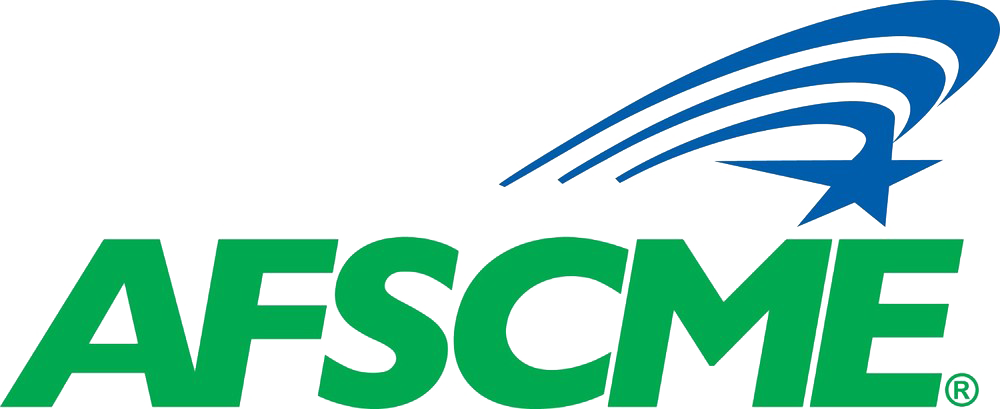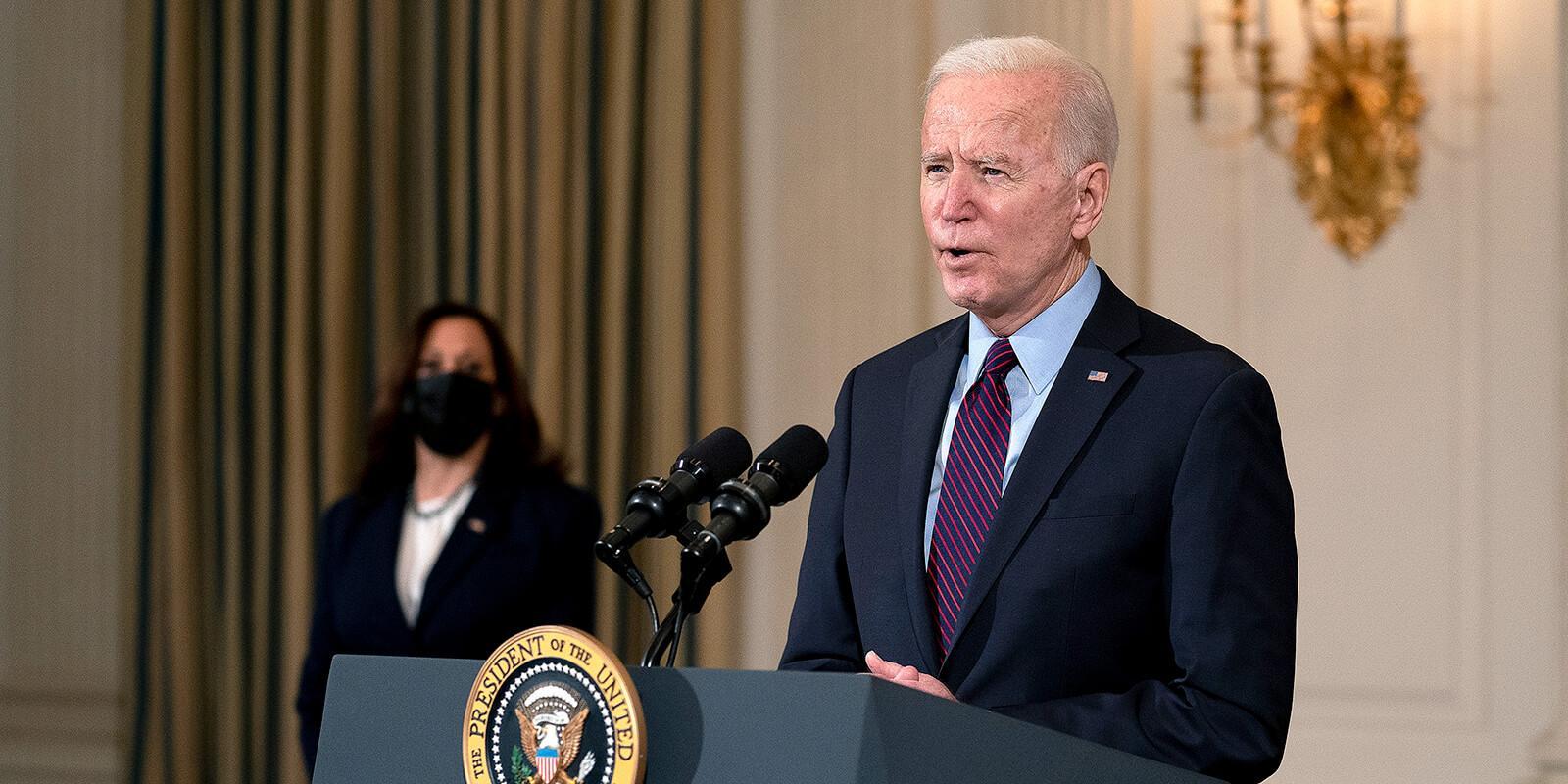The coronavirus pandemic won’t be controlled until states, cities, towns and schools – and particularly health departments – have the funding they need from the federal government, says AFSCME Retiree Sue Conard.
Conard should know. She spent 24 years as a public health nurse serving Wisconsin’s La Crosse County. One of her many areas of expertise? Immunization.
For 16 years, Conard, president of AFSCME Wisconsin Retiree Chapter 32 and secretary of national AFSCME Retiree Council, was on the front lines of Wisconsin’s immunization and vaccination efforts. Whether she was administering vaccines to Wisconsin’s children or its refugee populations, Conard was intimately familiar with the public health infrastructure needed to inoculate the public against diseases.
Even with approved vaccines on the market, Conard paints a frightening picture of how our country will manage to get shots in the arms of more than 300 million Americans without federal funding: “Pardon my language, but we’re screwed.”
Conard recalls one flu vaccine program she helped run in 2004, in the wake of a particularly devastating flu season.
“We had a Saturday morning clinic to get kids in. Before we opened the doors, we probably had 200 people in line. Five us of nurses gave 500 doses of vaccine in four hours that day,” Conard remembers. “Our lobby was packed.”
One of the people attending that flu clinic happened to be the director of La Crosse’s convention center, The La Crosse Center, who offered that facility for future clinics. Indeed, that was where, the following year, Conard and other public health professionals conducted a pandemic vaccine simulation.
“We had not only health care providers – public and private – but pharmacists, emergency planners, emergency service providers, utility agencies,” she said.
When the simulation ended, Conard and her co-workers had 100 doses of the flu vaccine they’d used left over and had to use them.
“We put our nurses in cars and went to local long term care facility and gave vaccines [to its residents.] Everyone who could get it, got it,” Conard said.
The key to making those efforts, along with so many of the other initiatives she was involved in during her career – from HIV/AIDs education, to serving as a jail nurse, to refugee health –successful was money from the federal government.
Conard warns that a massive undertaking like delivering the coronavirus vaccine requires an even bolder investment.
The fact that Congress still has yet to deliver aid to states, cities, towns and schools leaves Conard both “overwhelmed and underwhelmed.”
“If we don’t get a relief bill … I don’t see us getting this pandemic under control. We’ve already lost so many public employees,” Conard says of the front-line heroes our country needs to beat the pandemic.
As the pandemic has unfolded, Conard has wrestled with frustration as she watches a public health army doing battle with the coronavirus lacking the weapons it needs. She also feels guilty; she remains part of Wisconsin’s medical reserve corps but can’t serve owing to several chronic conditions. And she feels afraid for both of her children, who are also front-line workers.
Conard’s son is a county correctional officer in Springfield, Illinois, who suffers from chronic diseases. Her daughter is a clinic nurse, and her son-in-law is a radiologist in New York City. Each comes face to face with the virus every day.
Still, Conard continues to play the role of public health nurse, educating people where and when she can. The jail her son works for didn’t have the rulebook when it came to the pandemic. He called on his mom to dust off her pandemic playbook to help. Now, he’s coordinator of the emergency pandemic response team at his facility.
Conard urges her fellow retirees to get the coronavirus vaccine as soon as they can.
“I’ve lost two good friends to COVID-19,” says Conard. “We don’t like to think of it, but we’re more vulnerable. We’re important to our families and to our community. We need to be part of stopping the spread.”
And, she reiterates, Congress needs to do its part to fund the front lines.

